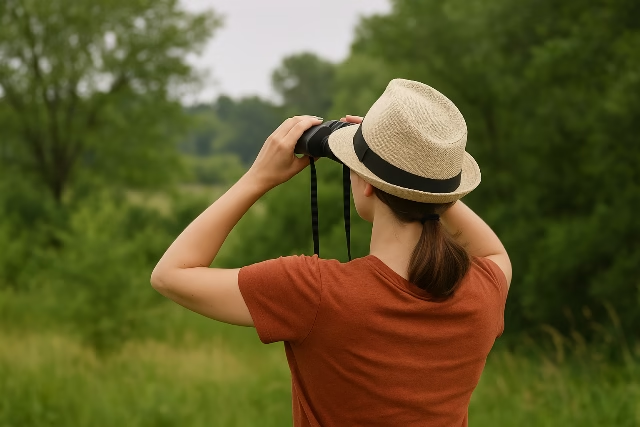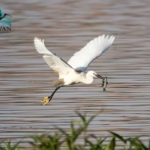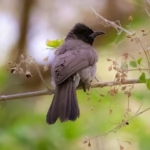Birdwatching is a rewarding and peaceful hobby that connects people to nature, encourages mindfulness, and opens up a world of discovery. But like any activity, beginners often face a few stumbling blocks at the start. In this article, we explore seven common mistakes new birdwatchers make — and how to avoid them for a smoother and more enjoyable experience in the field.

1. Going Out Unprepared
Many beginners hit the trail without the right tools or gear. They might forget binoculars, a bird guide, or even water.
How to avoid it:
Pack a basic birding kit: binoculars, a local field guide or birding app, notebook, pen, sun protection, hat, and drinking water. Preparation pays off.
2. Not Learning Local Birds First
Trying to identify birds with zero context can be overwhelming. Seeing an unfamiliar bird and having no idea where to start can be discouraging.
How to avoid it:
Study the common birds in your area before heading out. Familiarize yourself with their shapes, colors, behaviors, and calls. It makes real-life spotting much easier.
3. Being Impatient or Too Noisy
Birds are sensitive creatures. Rushing around or making noise will scare them away before you get a chance to observe them.
How to avoid it:
Slow down. Walk quietly, stop often, and be still. Sometimes the best sightings happen when you sit in one place and let the birds come to you.
4. Overreliance on Technology
Apps and digital tools are great, but relying on them too much can limit your own observational skills.
How to avoid it:
Try to identify birds by sight and sound first. Use apps or digital references only to confirm. This builds your skills and confidence over time.
5. Ignoring Time and Weather
Birds follow natural rhythms. Going out in bad weather or at the wrong time of day will leave you frustrated and birdless.
How to avoid it:
Birds are most active early in the morning and just before sunset. Choose calm, dry weather for the best chances of success.
6. Not Taking Notes
Trusting your memory alone might cause you to forget key details about what you saw.
How to avoid it:
Carry a small notebook or use a birding journal app. Record what you saw, where, when, how it behaved, and what it sounded like. These notes become valuable over time.
7. Ignoring the Ethics of Birdwatching
Chasing birds, disturbing nests, or feeding wild birds just to get a closer look may cause harm.
How to avoid it:
Respect birds and their habitats. Keep your distance, avoid disturbing nests, and never bait birds. Ethical birding protects both wildlife and your reputation as a responsible birder.








